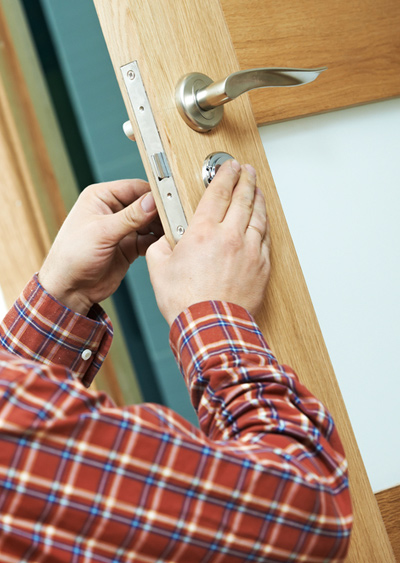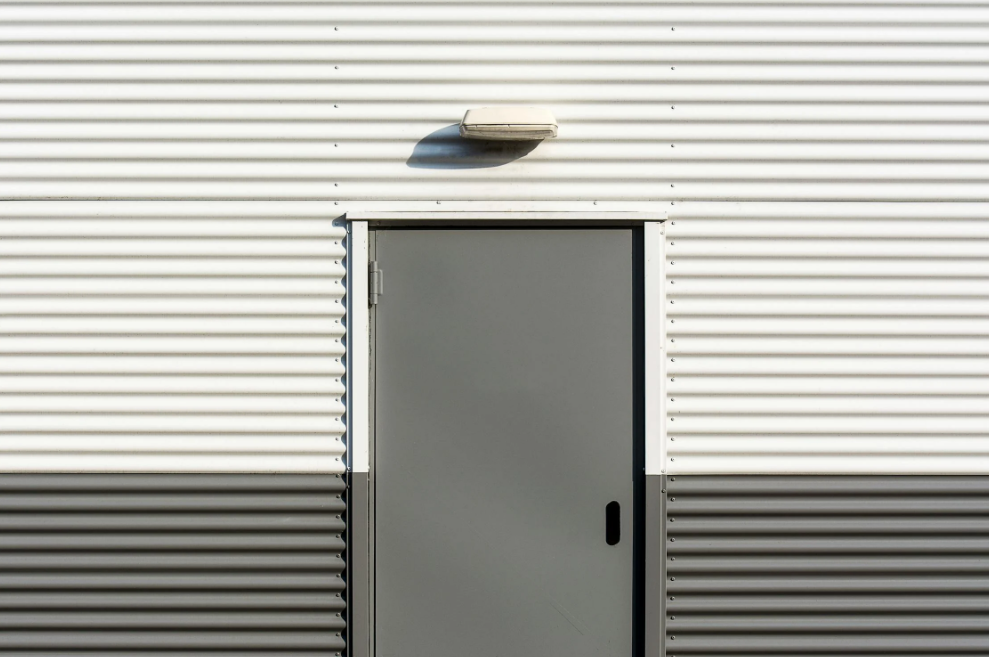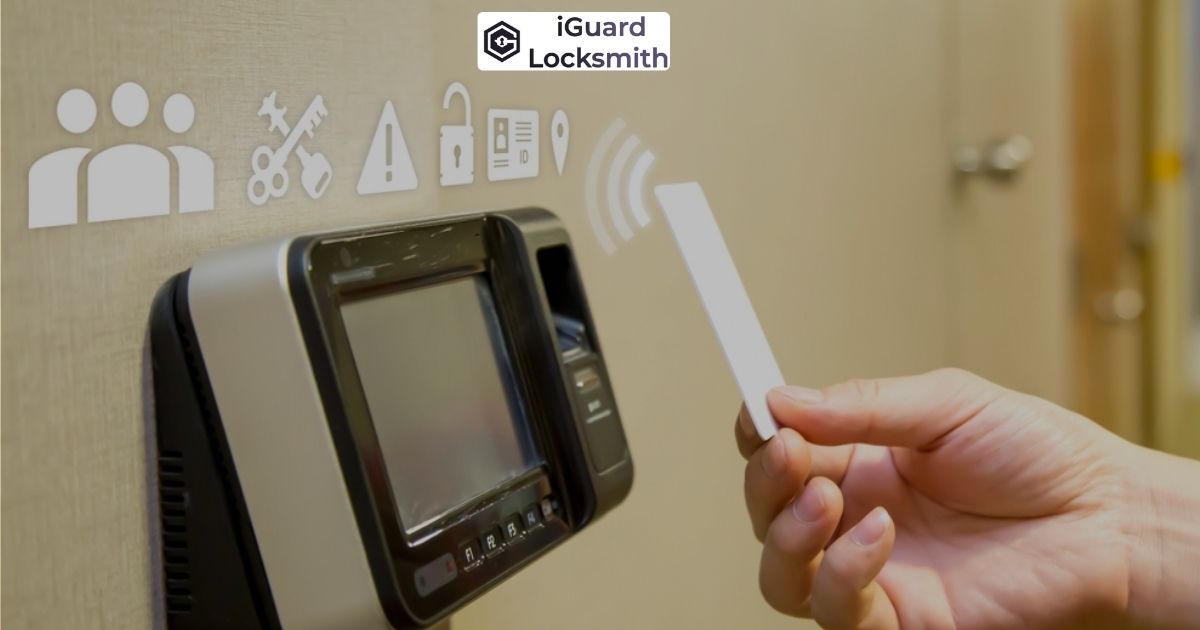In moments of crisis, every second counts. Whether it’s an accidental lockout or a dire emergency, the urge to swiftly regain access can cloud judgment. However, before attempting to unlock a door during an emergency lockout, it’s crucial to understand the potential risks involved. This article delves into the nuances of emergency lockout, shedding light on the associated hazards and best practices to ensure safety.
Understanding Lockout Situations
A lockout is when individuals cannot access a building or room due to a locked door. This scenario can arise from various circumstances, such as misplaced keys, malfunctioning locks, or natural disasters like fires or earthquakes.
The urgency to resolve the lockout can lead individuals to resort to immediate solutions, often overlooking potential risks.
Responding to lockout situations requires a calm and rational approach, assessing available options such as contacting a locksmith, utilizing spare keys, or seeking assistance from relevant authorities. Furthermore, implementing preventive measures like duplicate keys or digital access systems can mitigate the risk of future lockouts.
Understanding lockouts involves preparedness, resourcefulness, and proactive measures to navigate unforeseen circumstances effectively.
Identifying the Risks
Attempting to unlock a door during a lockout situation carries inherent risks that must be carefully assessed. Some of the primary concerns include;
Property Damage: Attempting to unlock a door during a lockout emergency can damage property due to forceful methods like kicking or prying, potentially harming the door frame, lock mechanism, or surrounding structure.
Such damage escalates repair costs and compromises security and aesthetics, emphasizing the importance of cautious and skilled locksmith intervention in emergencies.
Personal Injury: Rushed attempts to force open a door can lead to injuries such as cuts, bruises, or even fractures, mainly if tools or excessive force are involved. Attempting to unlock a door without proper tools or expertise during a lockout emergency can lead to personal injury.
Mishandling lock-picking tools or applying excessive force may result in cuts, strains, or even fractures, highlighting the importance of caution and seeking professional assistance.
Security Compromise: During a lockout emergency, attempting to unlock a door can compromise security if unauthorized methods are employed, such as picking locks or breaking windows. These actions breach security protocols and leave the premises vulnerable to potential intruders or further damage.
It’s crucial to prioritize safety procedures and consider the repercussions of hasty actions during such situations.
Legal Ramifications: Depending on the circumstances, unauthorized entry attempts can raise legal concerns, mainly if they result in property damage or breach security protocols. Depending on the circumstances, there could be liability issues related to property damage or personal injury, which could result in legal repercussions for those implicated.
Therefore, careful consideration of legal implications and adherence to relevant regulations is crucial.
Mitigating the Risks
While the temptation to quickly resolve a lockout is understandable, it’s essential to prioritize safety and take a systematic approach. Here are some steps to mitigate the risks associated with unlocking doors during lockouts;
Assess the Situation: Before taking any action, evaluate the nature of the emergency and consider alternative entry points or assistance options, such as contacting a locksmith or building management.
Stay Calm and Patient: Panicking can exacerbate the situation and lead to rash decisions. Maintain composure and focus on finding a solution methodically.
Use Proper Tools and Techniques: If attempting to unlock the door yourself, ensure you have the appropriate tools and knowledge. Avoid using excessive force or improvised tools, as these can cause damage.
Seek Professional Assistance: When in doubt or cannot unlock the door safely, don’t hesitate to seek professional help. Locksmiths are trained to handle such situations efficiently and without causing damage.
Follow Safety Protocols: Follow safety protocols and adhere to regulations, especially in emergencies involving fire or other hazards. Evacuate the premises if necessary and prioritize personal safety above all else.
You may also like: What Do You Do If You’re Locked Out of Your House?
Concerned About the Risks of Attempting to Unlock a Door During a Lockout Situation?
Dealing with lockouts requires careful consideration and preparation to mitigate risks. Recognizing the dangers of trying to unlock doors in emergencies is crucial for ensuring everyone’s safety. When handling lockout situations, it’s crucial to prioritize safety over speed. Remain patient, employ correct techniques, and seek professional help when necessary. Rushing can lead to avoidable hazards.
Don’t risk your safety or damage to your property! Trust the expertise of professionals to handle the situation with precision and care. Contact iguard Locksmith to connect with our trusted locksmith services and ensure a swift and secure resolution to your lockout dilemma. Your safety is our priority!




